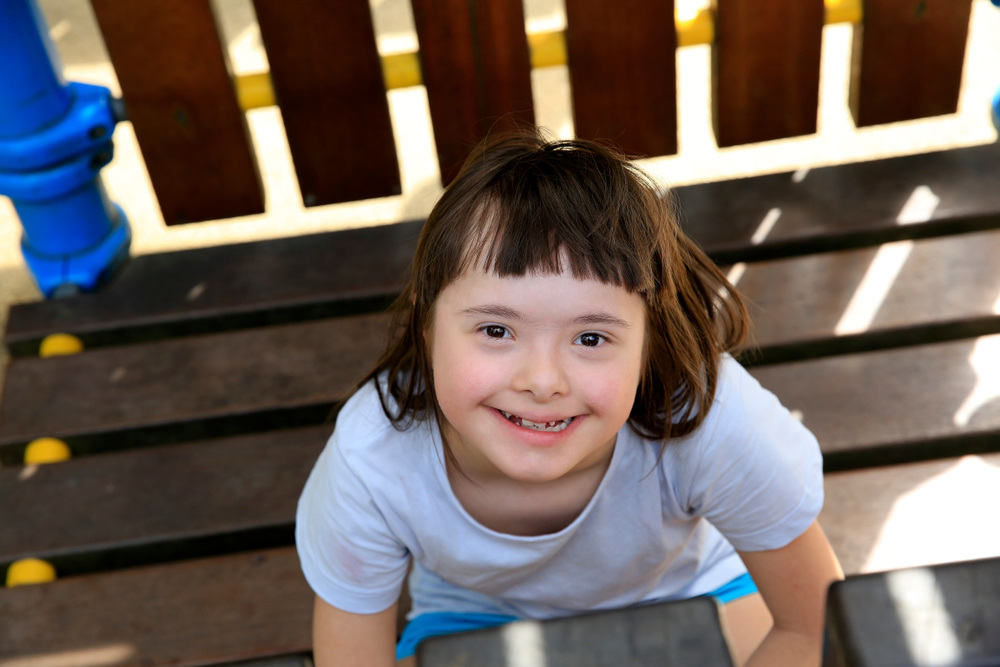Parenting and Education
The Right Educational Placement for My Special Needs Child

As mentioned in our previous article, on Education Options. that when choosing a school for your child with special needs, you may be choosing from a spectrum of options for educational placements. Starting with an inclusive classroom in a regular mainstream school- with or without the support from extra staff; to instruction in a resource room for certain hours of the day, to a self-contained special education classroom in a regular school, to a special education center or school. The following questions might help you decide which educational setting your child needs at a given point in time:
- Does my child need structure, routine and small group instruction more than what an inclusive classroom offers? Or does he enjoy and thrive in less structured and larger group settings?
- Will he be able to access the regular curriculum and instruction if some modifications and accommodations were made?
- Should I anticipate that my child will face some challenges in his academic achievements in an inclusive classroom? What would he need to manage? The support of a shadow/inclusion teacher or access to instruction in a resource room?
- Does my child need an individual educational plan beyond the curriculum modifications or the extra individual support that the inclusive school may offer?
- Does my child need specialized therapeutic services (i.e. physical, occupational or speech-language therapy)? Are these services essential to facilitate her/his development at this stage, and should they be addressed as a part of the individual educational plan?
- Does my child have the basic social skills that would enable him to benefit from the modeling of peers? How much facilitation from adults would she/he need to interact and learn from peers?
- Is my child performing close to peers in her/his functional skills and self-care tasks, or should I anticipate that he will need support and training in this aspect?
- Which option would make me feel that my child’s behavioral and emotional needs are being fulfilled effectively?
Having your special child in a regular school allows him/her to can learn from typically developing peers, and it is your child’s right to be included in a regular school and one should advocate for this right. but before all that, you need to be sure that it is the right fit to maximize your child’s learning potential. Basically, you need to think of: Where would my child learn best? Which setting would be most productive? Where would he get the maximum stimulation that he needs at this stage of his development?
Whether you decide on an inclusive or special education setting, or you are still gathering information about both settings, you would most probably start with gathering information related to cost, location, school hours…etc. Once you have narrowed your options based on these factors, it is expected that you would follow up with a visit to the possible schools to observe the school’s environment in terms of, space including areas for extracurricular activities like gym and art room, cleanliness, safety measures, and ratio of teachers to students. In your visit, try to gather information related to staff qualifications and their turn over, policy in handling behavioral issues, as well as the academic program used to include curriculums, homework policy, and extracurricular activities. These questions will give you an idea if that school is the right fit for your child. Also, there are some important questions that will help you assess if the school administration adopts an inclusion policy full heartedly and is keen on taking all measures to facilitate its success, such as:
- Does the school offer a variety of levels for educational support? For example, do they offer in class support, support in a resource room or support of a shadow teacher in the classroom?
- Does the school modify the curriculum to cater individual needs? What kind of accommodations do they give? Do they formulate individual educational plans?
- Are teachers provided with the right support to make the experience successful? For example, do they get enough training? Do they have the support of specialized staff when needed? Does the ratio of teachers to students in the classroom allow for accommodating students requiring extra attention or support?
- Do they have specialized staff on board to give therapeutic support like speech and language or occupational therapy?
- How well is the emotional and social inclusion being addressed and acknowledged in the school environment? Are the students being coached on acceptance of diversity? Is there a psychologist or counselor available?
So, what if you were visiting a special education center/school, and what are the things that you should look for?
- Ask about the individual educational plan. You should expect it to address the developmental and educational needs of children, and that it should be drafted according to a baseline assessment of your child, while considering the priorities you/your family did set for your child. Make sure that this plan is constantly assessed and modified.
- Ask about the school’s curriculum; what special programs they use and what developmental areas do they address. And that they give special attention to the development of functional and life skills.
- Ask about how the students are grouped across classes and within each class, and how does the structure of the week or day look like.
- Observe the level of engagement of the students and how welcoming and nurturing the atmosphere is.
- Ask about the community integration activities the school conducts, and if they work on integrating their students into regular schools when possible.
- Teachers and therapists play the central role in helping your child succeed. Besides asking the relevant questions related to staff as discussed above, ask about the communication lines with staff and how available they are to support you as well.
At the end, review your comfort level with the educational setting in light of the information gathered, and remember that your child’s educational placement is not set in stone and that it can be changed. All you should do is to continuously evaluate your child’s performance and consider whether the current placement is meeting his/her needs at each stage of development.














